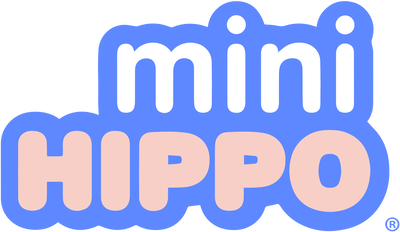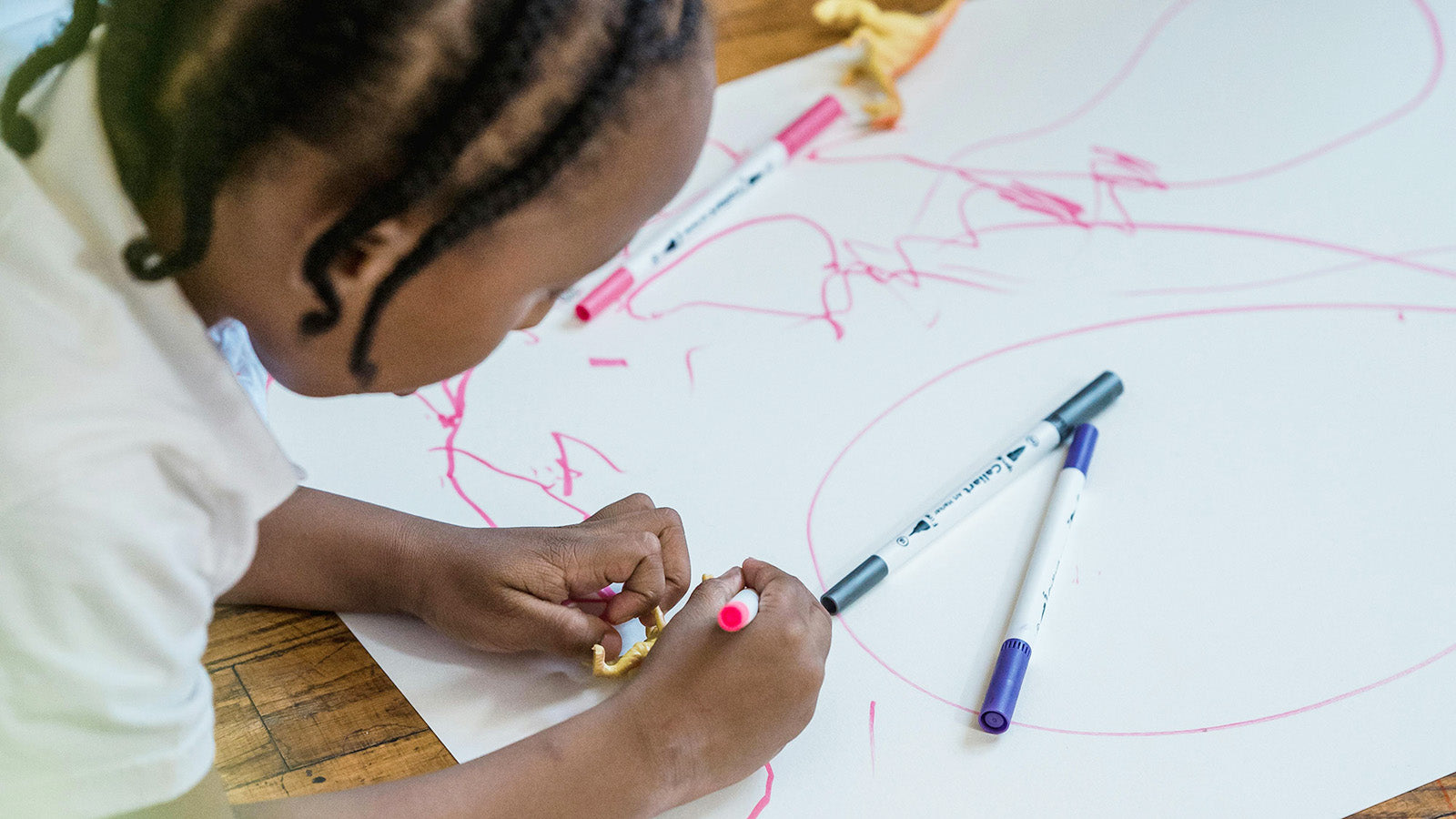Get Prepped for School, Part Two: School-Ready Skills
If you’re more nervous about your child starting school than they are, listen up. The first day of school marks a big transition and, let’s face it, we’ll take all the help we can get. In this series, 'Get Prepped for School', we're sharing what your child needs to know to be ‘school ready’, and ways you can prepare them if they’re falling short.
In our second part, we’re chatting to an occupational therapist and a speech and language pathologist about the essential skills your child will need to become school ready.
Some parents will have their child’s first day of school pencilled into their calendars from the moment they turn three. Others will be scratching their heads when January rolls around, saying, “Really? Are they that old already?!”
Sending your child off to school is a big transition – for both a parent and a child. For many, it’s a confirmation that their little baby is no longer a baby at all. But rather than letting it sneak up on you or panicking that they aren’t prepared, there are certain things you can start doing to ensure your child is starting their school life off on the right foot.
Physically, it’s important that your child has had plenty of time to develop their fine and gross motor skills. Holding pencils, using scissors, colouring in and drawing are a few school activities that can be difficult for children who haven’t fully developed their fine motor skills, but Gateway Therapies Occupational Therapist Steph Holgate says that there are easy ways to help them practice.
“It’s important that children have good fine motor strength and hand dexterity, which is the ability to manipulate objects within your hand,” Steph says. “Doing things like playing with play dough, hand warm-ups, opening containers and anything else that requires using fine motor muscle control is really going to help your child to be able to do tabletop tasks at school.”
Beyond the obvious problem solving, multitasking and social interaction skills, Steph says that parents shouldn’t underestimate the importance of general play skills – running, jumping, catching balls and having good hand-eye coordination allows them to engage in the playground and in PE class. But when it comes to developing these gross motor skills, it’s all in the core.
“Posture is key to ensure your child is writing neatly and it also increases focus and concentration, so extracurricular activities like gymnastics, swimming, soccer or even just fun core muscle tasks at home like wheelbarrow walks, sit ups and playing are all very beneficial,” says Steph. “Encouraging your child to sit up nice and straight at the dinner table or when doing their own tabletop tasks are easy and great ways to build core strength.”
On the learning side of things, Speech and Language pathologist Claire says the years before prep are crucial for early learning – what they learn now will set them up for life. Naturally, engaging in a reading routine is just one way to develop these essential speech and language skills.
“Reading with your children every night will teach them what books are, how they work and how to use them. It’s simple, but it’s important,” says Claire.
For literacy learning at school, which is learning to read and spell, kids need a good foundation of language. Having a vocabulary and a good understanding of language, before literacy, can be fostered through simply talking to your child.
“When you’re out and about with your child or even at home playing, teach them new words,” says Claire. “The best way to learn language and ensure your child is exposed to words is for the parents to teach, repeat and emphasise new words that the child is unfamiliar with. Using verbs and adjectives are a great way to build vocabulary. Repetition is key!”
For children that may need a bit of extra help transitioning into the school routine, Steph says it’s very important to establish routine and structure in your home environment.
“I always recommend that kids are put into kindergarten or day-care before they go to school,” Steph says. “This where they will have set routines and eating times and be introduced to group activities. They will also learn those fine foundational skills of going to the toilet by themselves or learning how to ask for help, which is super important when transitioning into the school environment.”
If they’re not in kindergarten or day-care, getting involved in extracurricular activities or playgroups will really allow them to start to develop those social skills. It’s important for children to learn how to build a meaningful connection or friendship, learn how to ask for help, how to initiate conversations and learn what appropriate behaviour towards another child or person is.
Quick tips to make kids school-ready:
- Let them get acquainted with the tools they’ll be using at school – using scissors, pencils and paper for tabletop tasks will help them to develop their fine motor skills
- Sporting activities can help them to develop hand-eye coordination, gross motor skills and vital core strength, which will make tasks like sitting up straight and focusing for longer periods of time much easier
- Establish a regular reading routine and engage them in conversations to help develop their speech and language skills
- They should have plenty of exposure to routines, whether it’s at home or through kindergarten or day-care
- Extracurricular activities or playgroups are great for social development
Check out Part One of our 'Get Prepped for School' series here.


